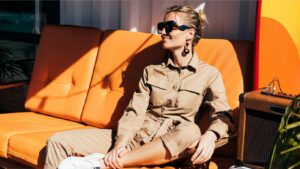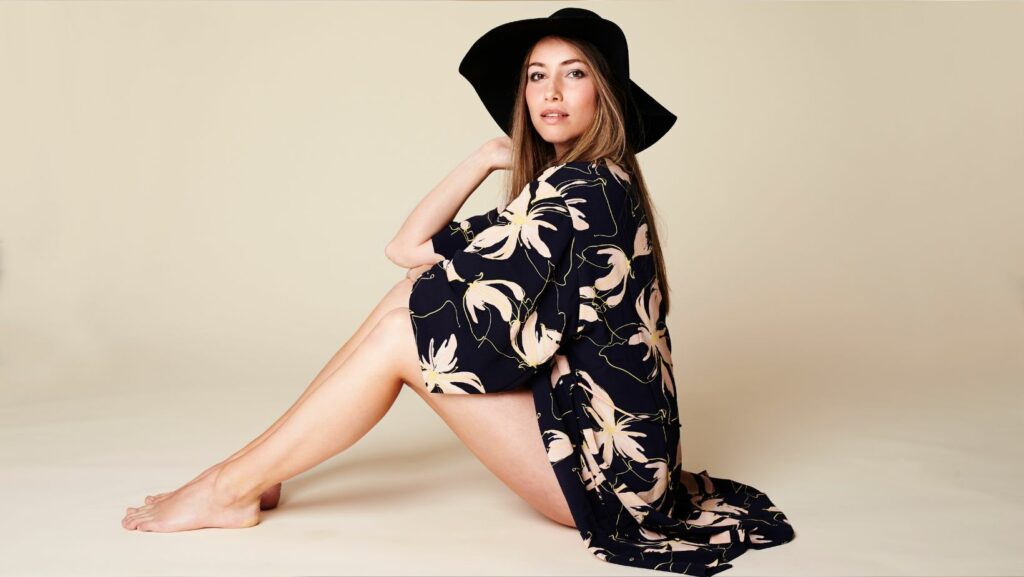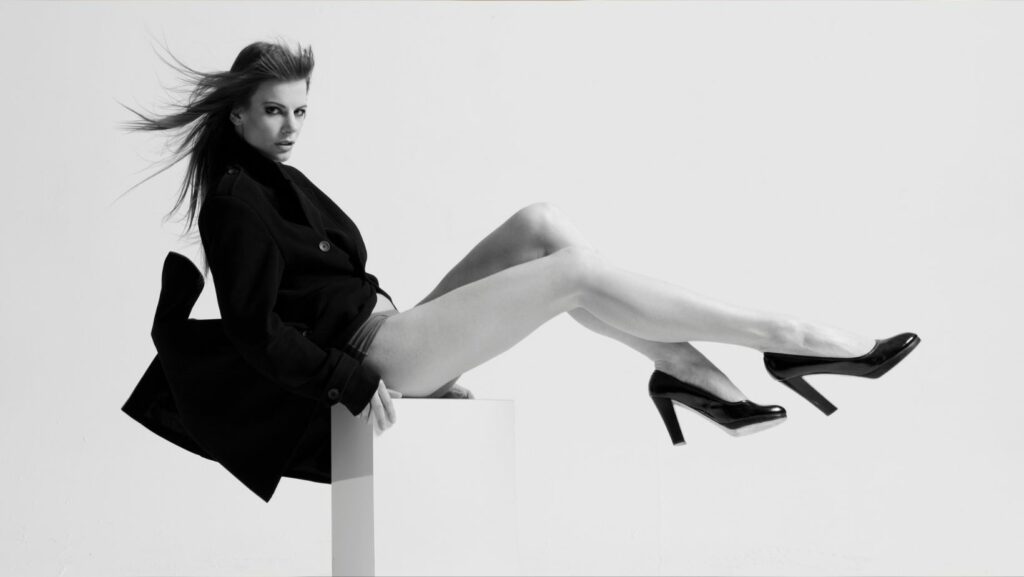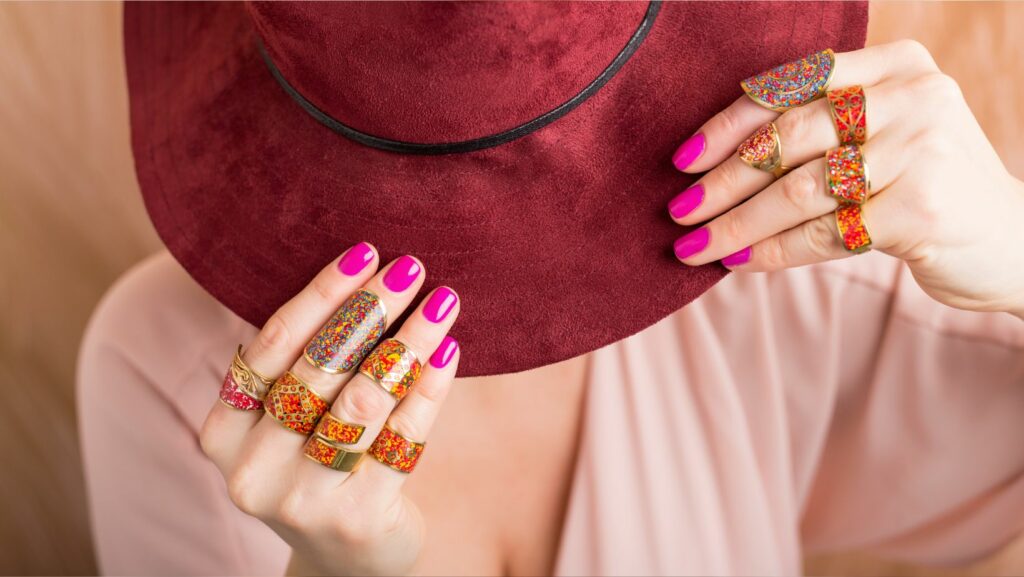When it comes to luxurious textiles like merino wool and leather, there is one city that stands out as the ultimate fashion capital. Renowned for its exquisite craftsmanship and unparalleled quality, this city has become a global hub for the finest materials in the fashion industry. From high-end designer collections to bespoke creations, it’s no surprise that top fashion houses flock to this destination in search of the most luxurious fabrics.
With a rich history steeped in textile production, this city has perfected the art of creating sumptuous merino wool and buttery soft leather that are coveted by fashion connoisseurs worldwide. The intricate weaving techniques and meticulous attention to detail set the standard for luxury textiles, making this city a must-visit for anyone passionate about high-end fashion.
Which Fashion Capital is Known for its Luxurious Textiles Such as Merino Wool and Leather?
The Role of Merino Wool and Leather
 Luxurious textiles play a pivotal role in the fashion industry, with merino wool and leather standing out as key players in creating high-end designer garments. Merino wool is renowned for its exceptional softness, breathability, and insulating properties, making it a preferred choice for crafting premium clothing items. On the other hand, leather exudes elegance and durability, adding a touch of sophistication to fashion pieces.
Luxurious textiles play a pivotal role in the fashion industry, with merino wool and leather standing out as key players in creating high-end designer garments. Merino wool is renowned for its exceptional softness, breathability, and insulating properties, making it a preferred choice for crafting premium clothing items. On the other hand, leather exudes elegance and durability, adding a touch of sophistication to fashion pieces.
Fashion capitals that specialize in these luxurious textiles, like merino wool and leather, are revered for their expertise in sourcing, processing, and transforming these raw materials into exquisite fabrics. Designers flock to these hubs to handpick the finest materials for their creations, ensuring that each garment is crafted with precision and care.
The intricate craftsmanship and dedication to quality in these fashion capitals set them apart in the global fashion landscape, attracting fashion enthusiasts, designers, and connoisseurs from around the world.
Key Traits of Merino Wool in Fashion
Durability and Comfort
 Merino wool stands out in the fashion world for its exceptional blend of durability and comfort. This unique fiber is renowned for its strength, making it resistant to wear and tear, ensuring that garments made from merino wool have a longer lifespan. Despite its robustness, merino wool remains incredibly soft against the skin, providing a luxurious wearing experience. The combination of durability and comfort makes merino wool an ideal choice for various fashion pieces that require both style and functionality.
Merino wool stands out in the fashion world for its exceptional blend of durability and comfort. This unique fiber is renowned for its strength, making it resistant to wear and tear, ensuring that garments made from merino wool have a longer lifespan. Despite its robustness, merino wool remains incredibly soft against the skin, providing a luxurious wearing experience. The combination of durability and comfort makes merino wool an ideal choice for various fashion pieces that require both style and functionality.
Sustainability Aspects
In addition to its remarkable qualities of durability and comfort, merino wool is also celebrated for its sustainability aspects. Unlike synthetic materials, merino wool is biodegradable, meaning that at the end of its life cycle, it naturally decomposes without leaving harmful residues in the environment. Merino wool is also renewable, as sheep regrow their fleece annually, allowing for a continuous and eco-friendly production cycle. This sustainable attribute appeals to environmentally-conscious consumers and designers who prioritize ethical and eco-conscious practices in the fashion industry.
The Importance of Leather in Luxury Fashion
Leather’s Timeless Appeal
 Leather has long been a staple in luxury fashion, prized for its timeless appeal and versatile nature. Its rich texture and durability have made it a sought-after material for high-end designer products. Whether used in handbags, shoes, or clothing, leather exudes luxury and sophistication, adding a touch of elegance to any ensemble. The natural quality of leather lends a unique character to each piece, making it a favorite choice among fashion enthusiasts and designers alike.
Leather has long been a staple in luxury fashion, prized for its timeless appeal and versatile nature. Its rich texture and durability have made it a sought-after material for high-end designer products. Whether used in handbags, shoes, or clothing, leather exudes luxury and sophistication, adding a touch of elegance to any ensemble. The natural quality of leather lends a unique character to each piece, making it a favorite choice among fashion enthusiasts and designers alike.
Environmental Concerns and Innovations
In response to growing environmental concerns, the luxury fashion industry has been focusing on sustainable practices in leather production. Innovations such as vegetable tanning, which uses natural tannins from plants, have emerged as eco-friendly alternatives to traditional chemical tanning processes. By prioritizing ethical sourcing and production methods, fashion houses are aiming to reduce their carbon footprint and promote responsible consumption.
The integration of sustainable practices not only addresses environmental issues but also resonates with conscientious consumers who prioritize ethical and environmentally-friendly products. As the industry continues to evolve, the emphasis on sustainability in leather production reflects a commitment to both luxury and ecological responsibility, ensuring that leather remains a symbol of timeless elegance in the world of fashion.



